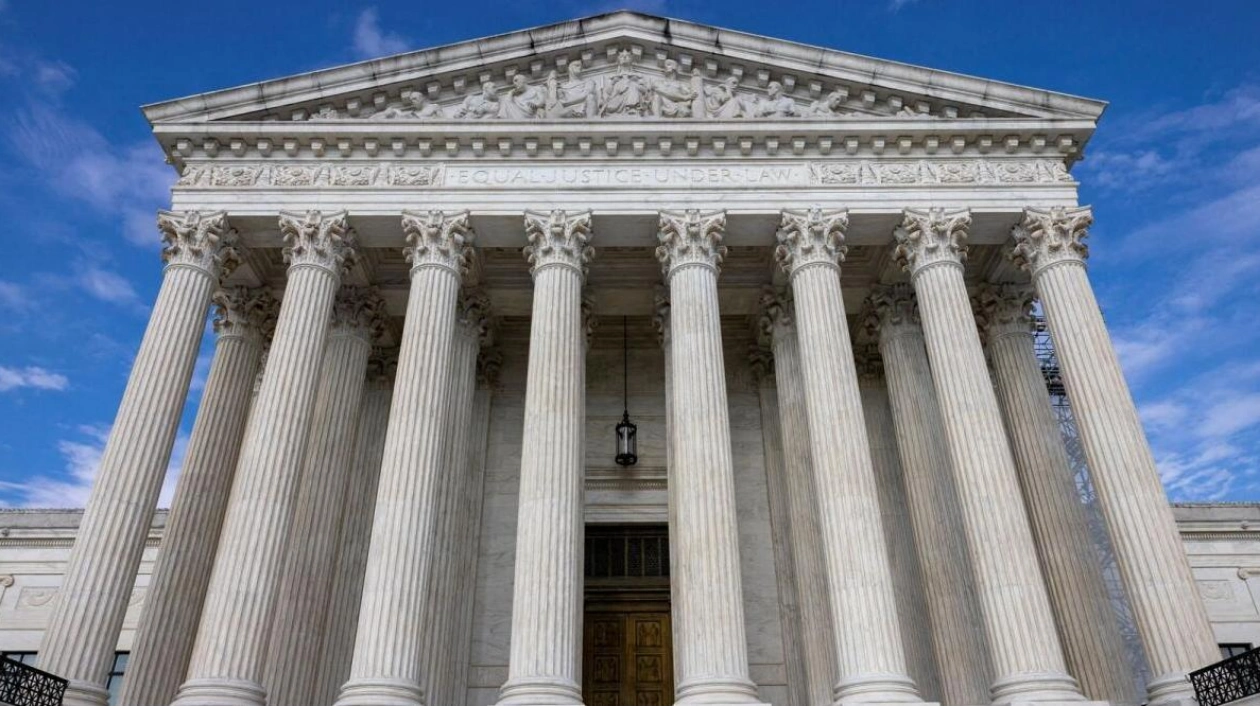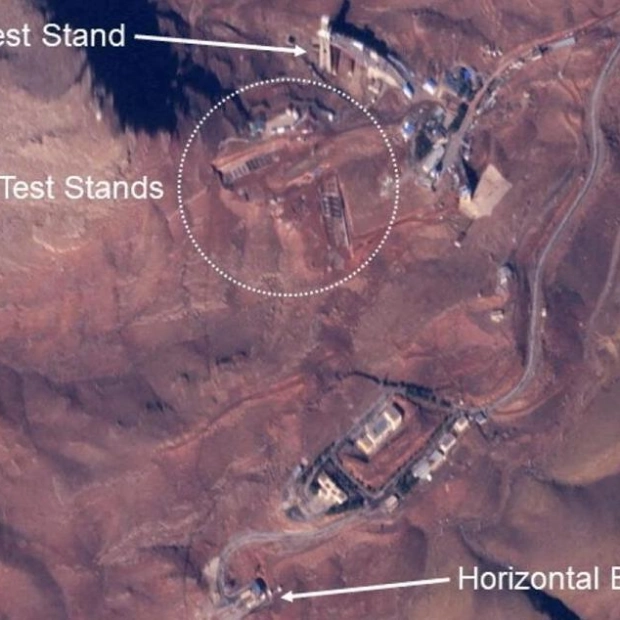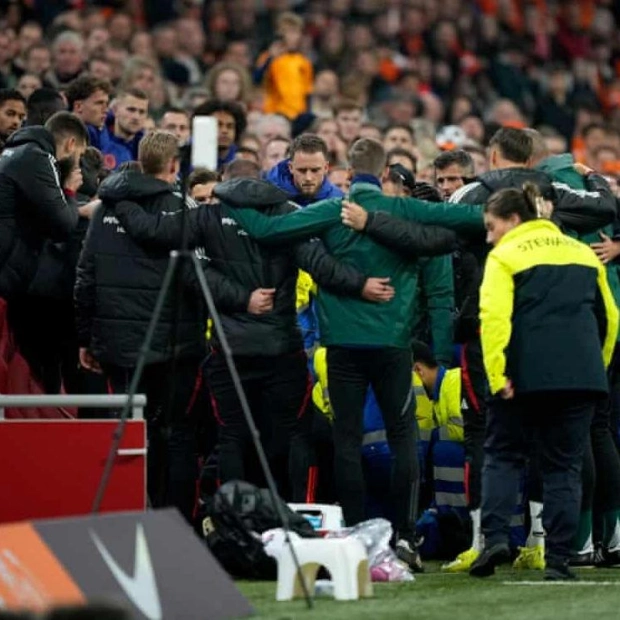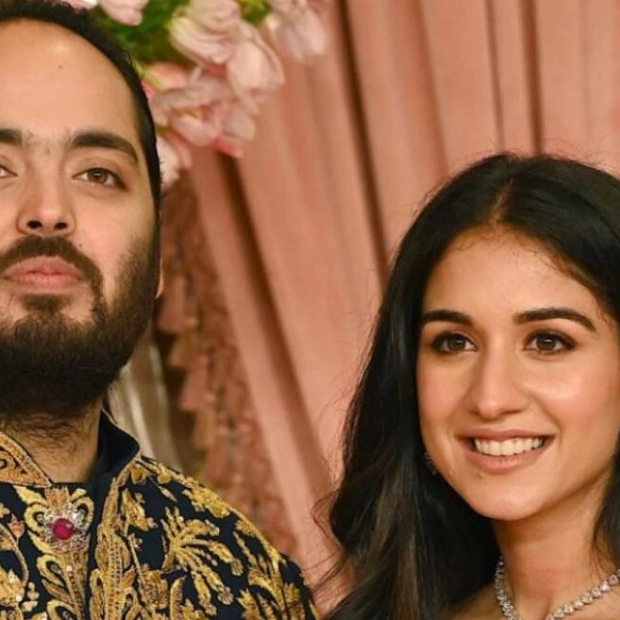The US Supreme Court is set to deliver its verdict on Monday, the last day of its current session, on former President Donald Trump's claim for immunity in a federal criminal case related to his attempts to reverse the outcome of the 2020 election. The court, with its 6-3 conservative majority that includes three justices appointed by Trump, appeared to lean towards recognizing some form of criminal immunity during arguments on April 25, albeit possibly a more limited scope than the 'absolute immunity' Trump sought for official actions.
Trump, the Republican candidate facing off against Democratic President Joe Biden in the November 5 US election, is already benefiting from the court's delayed proceedings, making it unlikely that any trial stemming from Special Counsel Jack Smith's charges could conclude before the election. The Supreme Court is expected to rule on Trump's appeal against a lower court's rejection of his immunity plea. Trump argued that his presidency granted him immunity from prosecution for the actions leading to the charges, a stance opposed by Smith, who asserts that no one, not even a president, is above the law.
During the court arguments, Trump's legal team advocated for complete protection from criminal charges for former presidents for actions taken in office, warning that without such immunity, sitting presidents could be vulnerable to 'blackmail and extortion' from political adversaries. Trump, 78, is not only the first former US president to face criminal prosecution but also the first to be convicted of a crime. In the special counsel's August 2023 indictment, Trump was charged with conspiracy to defraud the United States, corruptly obstructing an official proceeding, and conspiring against the voting rights of Americans, to which he pleaded not guilty.
The trial, originally scheduled for March 4, has been postponed due to the immunity dispute, with no new date set. Trump's immunity claim was first made to the trial judge in October, marking a nine-month litigation period. In a separate case in New York, Trump was convicted on May 30 on 34 counts of falsifying documents related to hush money payments to a porn star, ahead of the 2016 election. He also faces charges in two other cases, maintaining his innocence and describing all charges as politically motivated.
During the Supreme Court arguments, a lawyer for the special counsel's office highlighted that Trump's sought 'absolute immunity' would protect presidents from crimes such as bribery, treason, and sedition, including attempts to overturn election results. Justices posed hypothetical scenarios involving a president selling nuclear secrets or ordering a coup, with Trump's lawyer asserting that such actions could only be prosecuted post-presidency if the president were first impeached and convicted by Congress, an unprecedented scenario in US history.
A May Reuters/Ipsos poll revealed that only 27% of respondents supported the idea of presidential immunity without prior impeachment and conviction, with opinions varying among Democrats, Republicans, and independents. Special Counsel Smith had requested a swift review from the justices in December after Trump's immunity claim was denied by a US District Judge, a request that was denied, allowing the case to proceed in a lower court, which upheld the ruling against Trump on February 6. The protracted timeline of the court's decision likely precludes a trial and verdict on federal election subversion charges before the November election.
Trump's efforts to overturn his 2020 defeat included pressuring government officials and inciting supporters to march on the Capitol on January 6, 2021, to prevent the certification of Biden's win, based on unfounded claims of widespread voter fraud. The Capitol attack led to violence and chaos, with Trump and his allies also accused of orchestrating a scheme to use false electors to thwart the certification process. The Supreme Court's involvement in this case echoes its pivotal role in the 2000 election decision in Bush v. Gore.
Additionally, Trump faces election subversion charges in Georgia and federal charges in Florida related to the retention of classified documents post-presidency. Should Trump return to the presidency, he could potentially seek to halt ongoing prosecutions or consider self-pardoning for any federal crimes.






